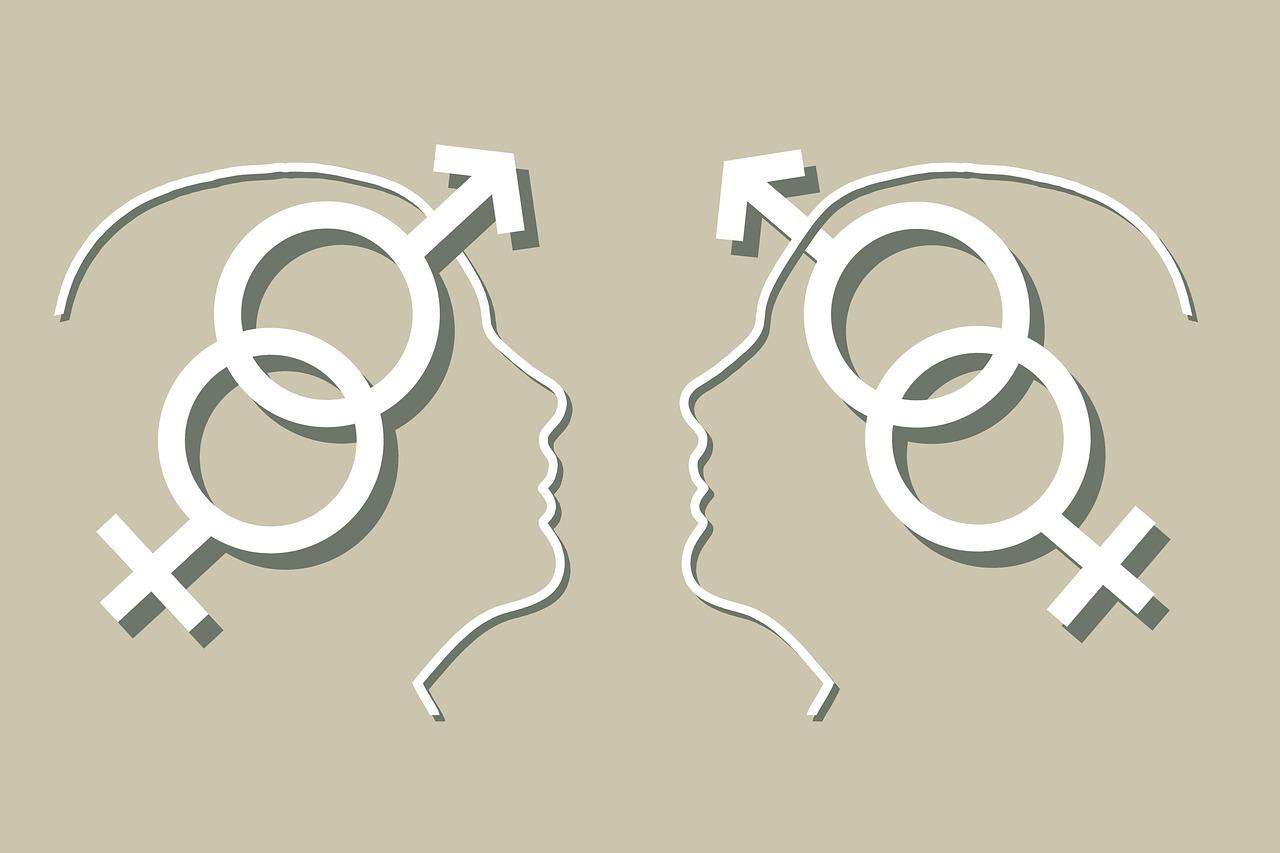The Transformation of Society Toward Trans Inclusion in Argentina

The Paradigm Shift of Trans People in Argentina
Over the last ten years, Argentina has experienced a significant transformation in the recognition and inclusion of trans people. From a society that largely marginalized them to one that has taken progressive legal and cultural steps, the shift has been profound. The landmark Gender Identity Law of 2012, which allows individuals to change their gender identity on official documents without requiring medical or judicial intervention, set the stage for deeper societal changes.
Beyond legal frameworks, the perception of trans people has evolved. While they were historically seen through a lens of exclusion and prejudice, today they are increasingly recognized for their contributions in various professional, artistic, and social spheres. The media, educational institutions, and even the corporate world have begun to embrace diversity, paving the way for a more inclusive society.
Much More Than a Pretty Body
For decades, trans people in Argentina were often hypersexualized, reduced to their physical appearance rather than recognized as individuals with aspirations, talents, and rights. This narrative has slowly changed, thanks to advocacy from trans activists, LGBTQ+ organizations, and inclusive policies that highlight their full humanity.
Trans individuals are now breaking barriers in fields such as academia, politics, journalism, and the arts. Figures like Lohana Berkins and Diana Sacayán—who fought tirelessly for trans rights—played a pivotal role in shifting public perception, demonstrating that trans people are much more than a stereotype. Their presence in spaces where they were historically absent challenges deep-seated biases and provides visibility that was once denied.
Furthermore, the implementation of trans labor quotas in the public sector, which mandates that a certain percentage of government jobs be allocated to trans individuals, has reinforced the idea that they are an integral part of society and the workforce, rather than being relegated to marginalized sectors.
From Sex Workers to Anything They Want
Historically, many trans women in Argentina were forced into sex work due to systemic discrimination that barred them from formal employment, housing, and education. While sex work remains a valid profession for those who choose it, today’s reality offers more opportunities for trans individuals to pursue diverse careers.
The Trans Labor Quota Law, passed in 2021, has been instrumental in shifting this narrative. It ensures that at least 1% of public-sector jobs are reserved for trans, travesti, and non-binary individuals. This has led to more trans professionals entering fields like education, healthcare, law, and technology.
Additionally, educational programs tailored to trans people, such as scholarships for trans students, have been expanding. Universities and institutions have recognized the need to eliminate bureaucratic and cultural barriers, enabling trans people to complete their studies and integrate into various sectors.
Private companies are also embracing inclusivity. Organizations like Banco Nación, Aerolíneas Argentinas, and major media outlets have created employment programs for trans individuals, ensuring they are given fair opportunities in diverse industries.
The times of being limited to work the "zona roja" or publishing in trans escorts sites like Falicas are luckily in the past, and only who really desire to make a living out of their body are able to do it.
Evolved Society and the Future
Argentina has positioned itself as a leader in LGBTQ+ rights in Latin America. However, while significant progress has been made, there are still challenges to overcome. Trans people continue to face higher rates of violence, discrimination, and economic vulnerability compared to the general population. The life expectancy of trans women in Argentina is alarmingly low, averaging 35-40 years, largely due to systemic inequalities and violence.
The future of trans inclusion in Argentina depends on continuous efforts to strengthen laws, educate society, and dismantle prejudices. Schools must implement comprehensive sexual education (ESI) programs that include trans perspectives, ensuring that future generations grow up with a more inclusive mindset. Businesses must continue to open their doors to trans employees, and the healthcare system must expand access to gender-affirming treatments and mental health support.
With ongoing advocacy and societal commitment, Argentina can build on the progress of the past decade, striving for a country where trans people are fully recognized, respected, and given the same opportunities as anyone else. The transformation has begun, and the next ten years hold the promise of an even more inclusive future.





